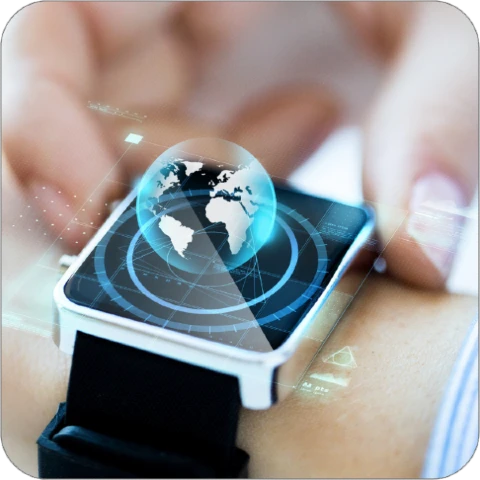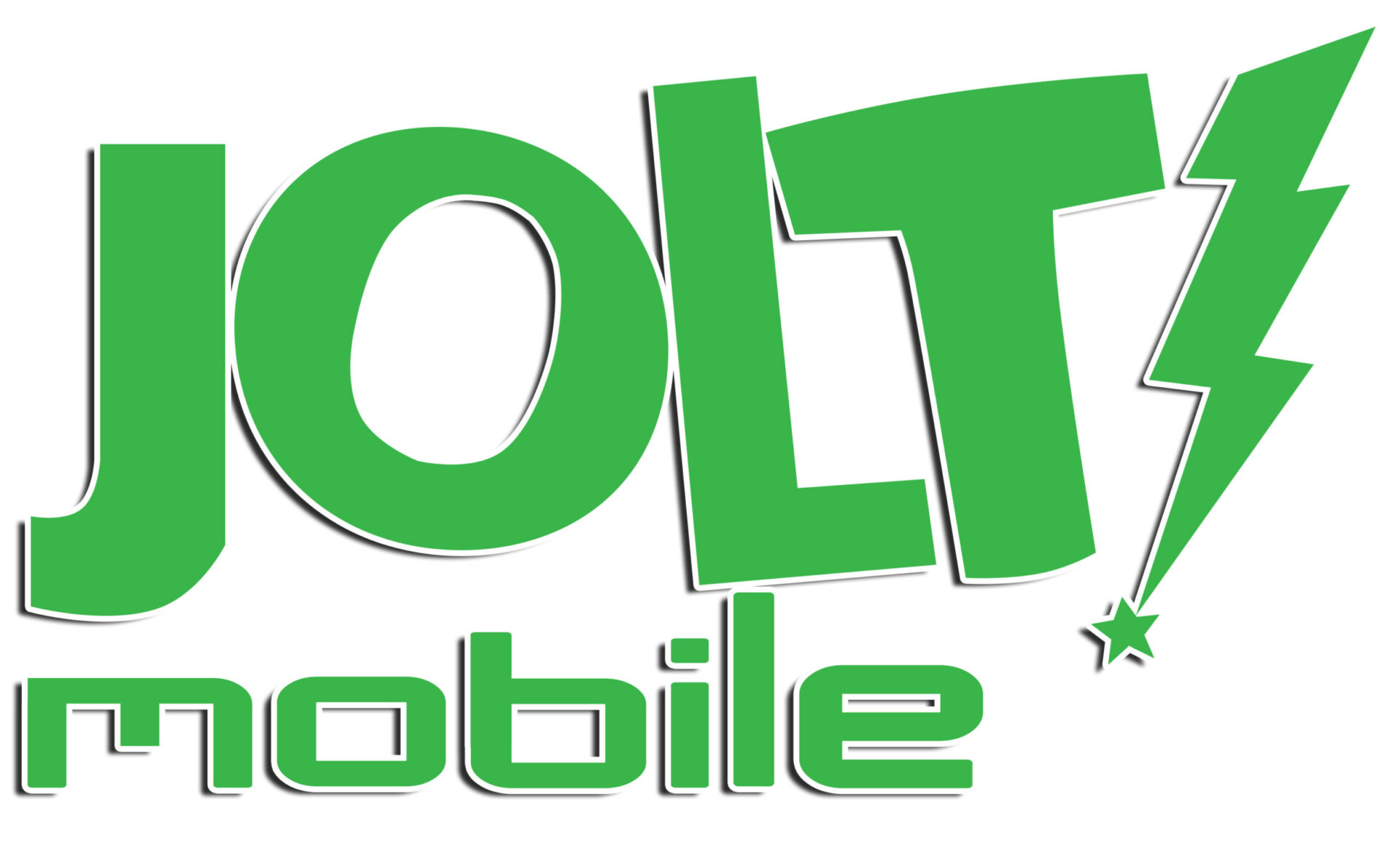GPS Tracker SIM Cards Optimizing Data Consumption: Expert Tips for Efficiency. In the realm of modern logistics and personal security, GPS trackers have become indispensable tools. These devices offer the precision and reliability needed to monitor the whereabouts of vehicles, cargo, and even loved ones in real-time. At the heart of this technology lies a small yet crucial component: the SIM card. This blog post delves into the intricacies of GPS tracker SIM cards, exploring their evolution, the distinction between M2M and IoT SIM cards, and strategies to minimize data usage, thereby enhancing the efficiency and cost-effectiveness of GPS tracking systems.

GPS-enabled SIM cards: Brief Introduction
GPS trackers have revolutionized the way we monitor and manage assets and personal safety. These devices rely on SIM cards to transmit location data to servers, where it can be accessed by users. The SIM card in a GPS tracker is not just a component; it’s the lifeline that connects the device to the cellular network, enabling the flow of data that makes real-time tracking possible.
What is the use of SIM cards in GPS trackers?
The primary function of a SIM card in GPS tracking is to establish a connection to the cellular network, allowing the device to send and receive data. This data includes not only the location coordinates but also important telemetry information and alerts. Without a SIM card, a GPS tracker would be unable to communicate its position, rendering it ineffective for real-time monitoring purposes.
The Evolution of SIM Cards for GPS Devices
Since their inception in 1991, SIM cards have undergone significant evolution. Initially designed for mobile phones, the technology has been adapted to meet the demands of various IoT and M2M applications, including GPS tracking. Today’s SIM cards are built to withstand harsh environments and provide reliable connectivity across different regions, making them ideal for global tracking solutions.
M2M vs. IoT SIM Cards: What’s the Difference?
The terms M2M (Machine-to-Machine) and IoT (Internet of Things) SIM cards are often used interchangeably, but they cater to slightly different needs. M2M SIM cards are designed for direct communication between devices over cellular networks. In contrast, IoT SIM cards are optimized for internet connectivity, supporting a broader range of applications, including GPS tracking. Both types offer enhanced durability and remote management capabilities, crucial for large-scale tracking operations.
Strategies to Minimize Data Usage in GPS Trackers
Reducing data usage in GPS trackers is essential for managing costs, especially for businesses that operate large fleets. One effective strategy is to adjust the frequency of location updates based on the necessity. For assets in transit, real-time tracking might be crucial, but for stationary assets, less frequent updates can suffice. Another approach is to use data compression techniques to reduce the size of the transmitted data without compromising its integrity.
Optimizing GSM Traffic for Efficient Fleet Management
For fleet managers, optimizing GSM traffic can lead to significant cost savings. Implementing smart data transmission protocols, such as sending data only when there’s a change in location or status, can reduce unnecessary data usage. Additionally, choosing GPS trackers that support efficient data transmission formats, like UDP instead of TCP, can further minimize data consumption.
The Benefits of Dual SIM Card GPS Terminals
Dual SIM card GPS terminals offer a solution to the challenge of maintaining connectivity across different regions. These devices can switch between SIM cards based on network availability and cost, ensuring continuous tracking without incurring exorbitant roaming charges. This feature is particularly beneficial for international logistics operations, where vehicles frequently cross borders.
Implementing Data Plan Aggregations for Cost Savings
Data plan aggregations allow users to pool data allowances across multiple SIM cards, optimizing usage and reducing costs. This strategy is especially effective for businesses that operate a large number of GPS trackers, as it ensures that data allowances are fully utilized without waste. IoT SIM cards often support this feature, providing a cost-effective solution for large-scale tracking needs.
Remote Management of IoT SIM Cards
The ability to remotely manage IoT SIM cards is a game-changer for GPS tracking operations. This feature allows administrators to activate, deactivate, or configure SIM cards in bulk, streamlining the management process. Remote management capabilities also enable quick response to connectivity issues, ensuring that tracking operations are not disrupted.
Seamless Connectivity with Advanced IoT SIM Cards
In the past, crossing international borders with GPS trackers presented challenges with APN settings. Traditional GPS trackers, bound to the APN settings of specific telecom operators in each country, often required manual reconfiguration to adapt to the local cellular network. This not only posed an inconvenience but also left room for potential mishaps in connectivity.
However, the tech landscape is evolving rapidly. Nowadays, advanced IoT SIM cards offer a seamless solution to these challenges. These SIMs are equipped with the capability to work on a single APN, regardless of the country or network. This means that the SIM can automatically switch networks based on signal strength and regional availability without needing any manual intervention. This not only assures consistent connectivity but also optimizes the connection based on local network performance.
Such innovations are game-changers for those who need reliable GPS tracking across multiple countries without the hassle of constantly adjusting settings or fearing unexpected charges. Always choose a GPS solution keeping in mind both your immediate and potential future needs, ensuring that technology serves as an enabler rather than a hindrance in your journeys.
Purchasing and Activating IoT SIM Cards
IoT SIM cards can be purchased from many telecommunications operators and various marketplaces, including Amazon, eBay, Aliexpress, and Alibaba. IoT SIM card providers also have their own online stores where you can purchase their products.
Some GPS tracker sellers offer devices that come with an IoT SIM card already inserted. This can be convenient for buyers who want a ready-to-use GPS tracking solution.
Activation typically involves a series of steps detailed in the tracker’s user guide. It may involve sending specific SMS commands to the SIM card’s number. For a comprehensive setup, consult with the seller or the manufacturer directly.
Maximizing Data Efficiency: Tips for Improving GPS Tracking Data Usage
Avoiding unexpected expenses is always a priority, especially when they take the shape of a large bill. To reduce data consumption, try the following strategies:
- Customize your device’s settings to prevent excessive data usage. Jolt’s Device section provides specialized guidance for your tracker.
- Select specialist M2M SIM cards optimized for GPS trackers. These cards are designed for fast data transmission.
- Invest in cutting-edge GPS trackers with advanced encoding capabilities to ensure the best use of data resources.
To learn more about data usage and optimization approaches, consult the manufacturer or a reliable seller like Jolt. Implementing these guidelines will allow you to efficiently monitor your GPS tracking data usage and avoid unforeseen charges.
Frequently Asked Questions
1. How much data does a GPS tracker consume?
Typically, the data consumption depends on the frequency of updates, type of data transmitted, network protocol, and encoding efficiency. Check the device’s specifications or consult the manufacturer for precise figures.
2. Can I use a regular mobile SIM cards in a GPS tracker?
While it’s technically possible, IoT or M2M SIM cards are specifically tailored for devices like GPS trackers, offering superior reliability and data transmission capabilities.
3. Will I incur roaming charges when using my GPS tracker in another country?
Always check the roaming policies of your SIM card provider. Some might offer packages or plans designed for cross-border use.
4. Do all GPS trackers require a SIM cards?
Not all, but most GPS trackers, especially those transmitting data over cellular networks, require a SIM card for operation.
Conclusion: Enhancing GPS Tracker Efficiency
The evolution of SIM card technology has played a pivotal role in advancing GPS tracking systems. By understanding the differences between M2M and IoT SIM cards and implementing strategies to minimize data usage, businesses and individuals can optimize the efficiency and cost-effectiveness of their tracking operations. Whether it’s through smart data transmission protocols, the use of dual SIM card terminals, or leveraging data plan aggregations, there are numerous ways to enhance the performance of GPS trackers. As technology continues to evolve, we can expect further innovations in SIM card technology and data management strategies, driving the future of GPS tracking towards even greater efficiency and reliability.
Explore the latest in GPS technology and discover how IoT is transforming tracking solutions. For those looking to delve deeper into the world of GPS trackers, here’s everything you need to know.





